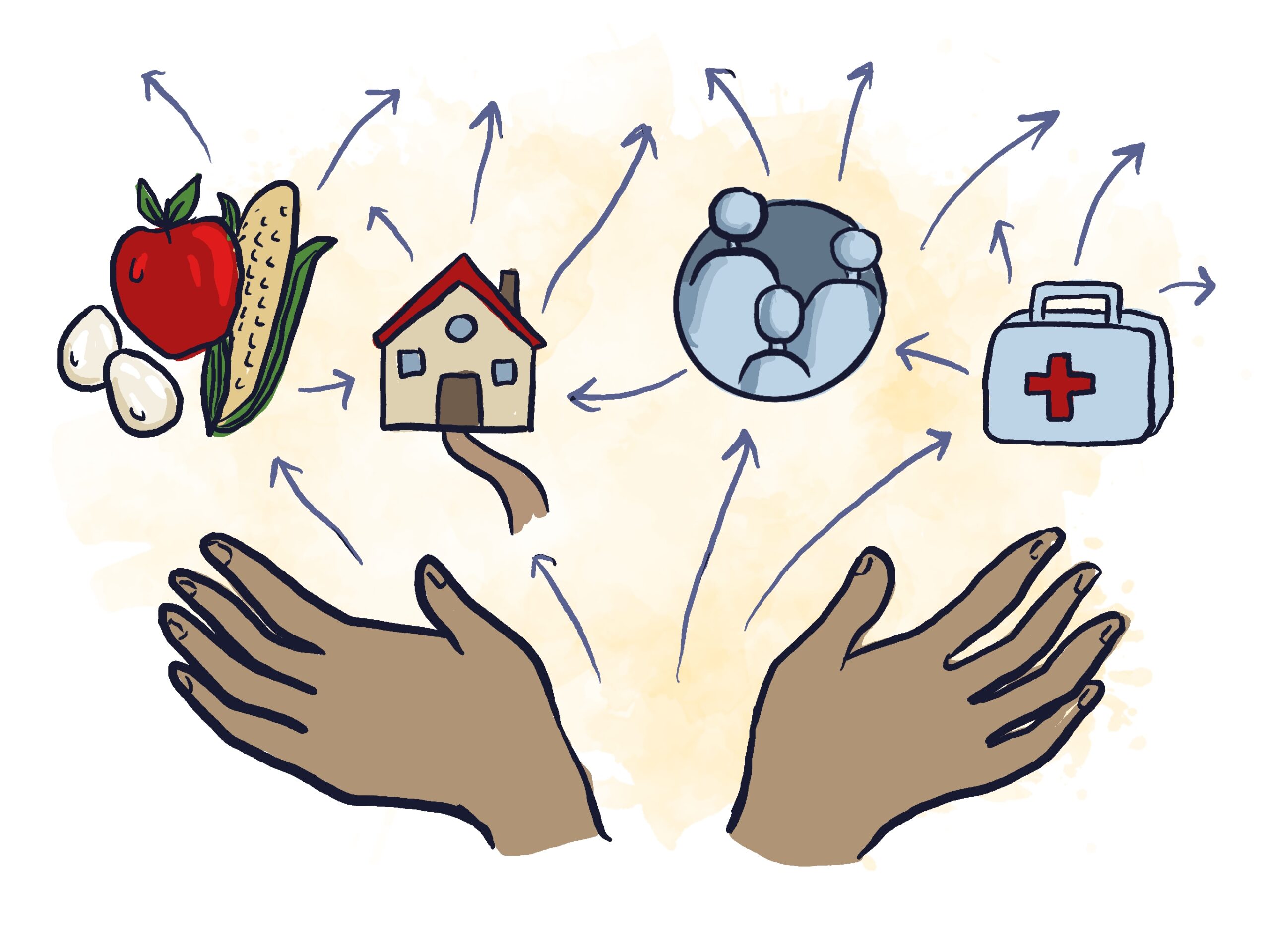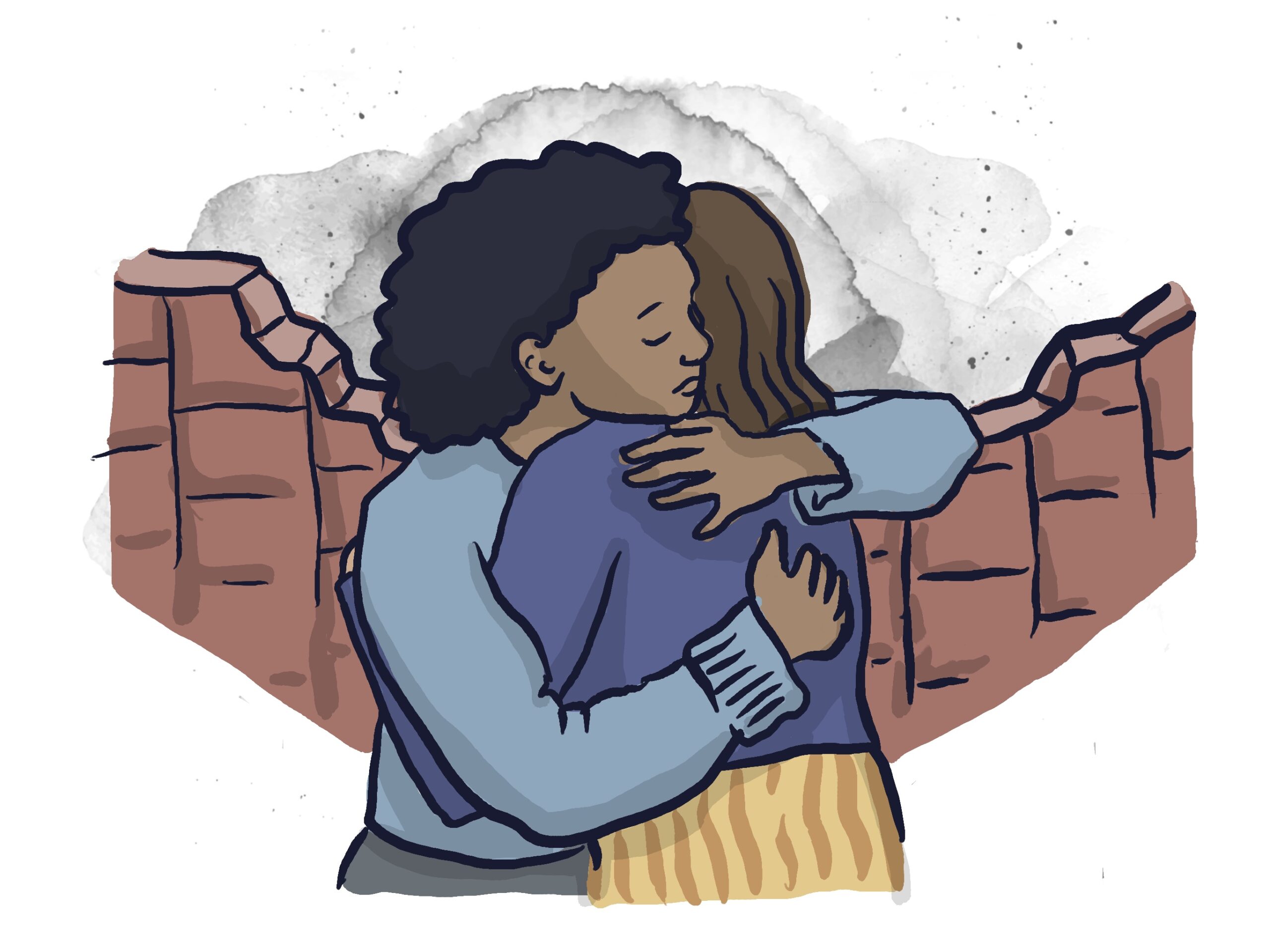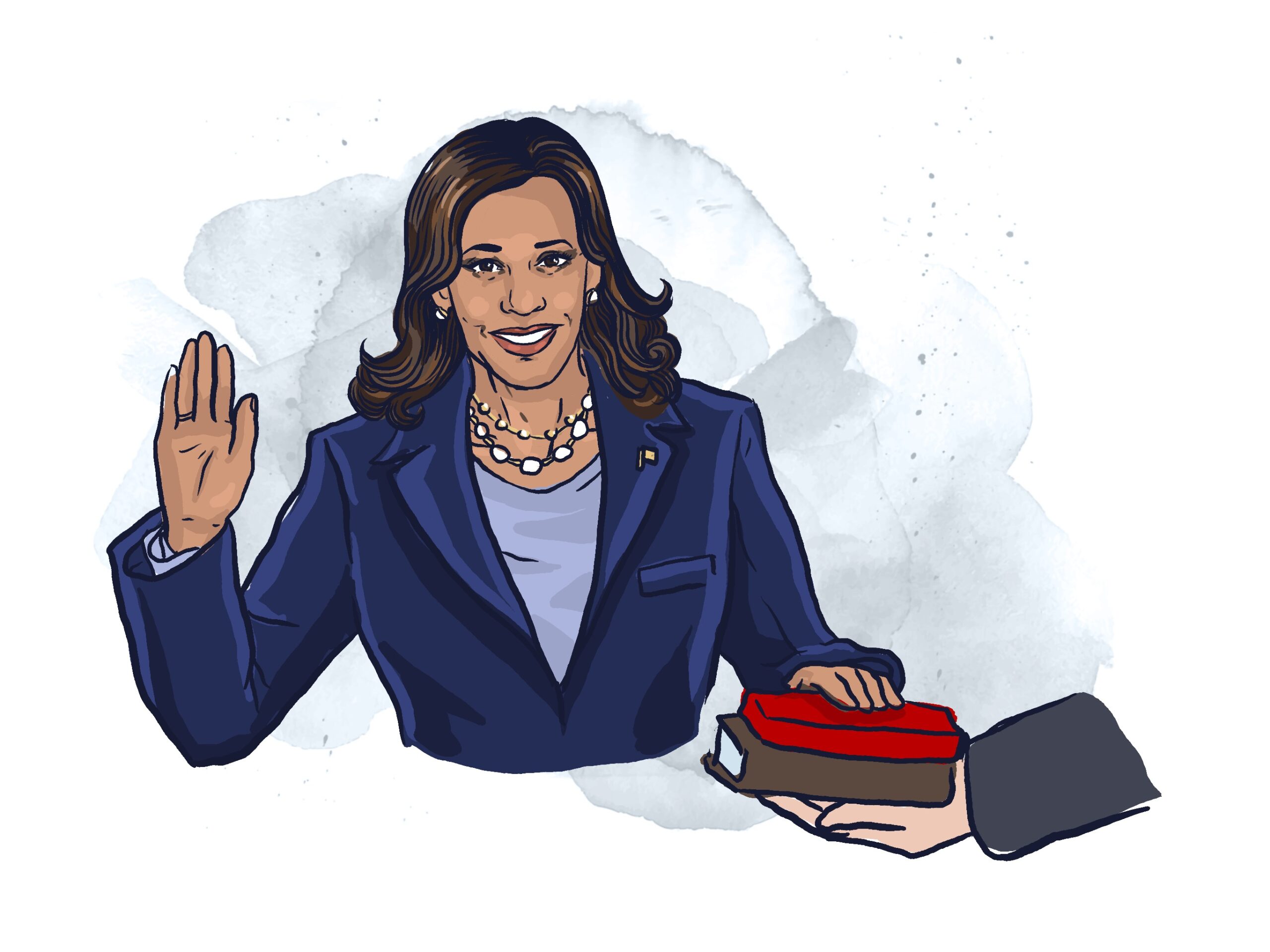While the street riots rage on, you think about folks who are being targeted by political violence outside of the media glare. Isolated, brave protestors in red, rural areas. Black and brown folks swept up in growing curfews. Immigrants being harassed by neighbors. You spend as much time as you can supporting them by helping them find basic needs, connecting them to advocacy groups, and supporting medics on the streets.


You watch as President Biden, President-elect Harris and the military reassert control. The military wages a fierce internal battle to maintain unit discipline. You feel they’ll succeed — Trump doesn’t have enough levers of control. But at what cost? Pro-democracy protesters play a critical role by showing widespread opposition. As best you can, you pick up the pieces in your community — lost wages, damaged buildings, scarred communities.
But the transition of power happens. On January 20, 2025, President Harris is inaugurated to fulfill a four-year term. The country weathers this tense period. Much of the mainstream media forgets that protestors were key in orchestrating this outcome. The military works to repair its image after internal divisions are exposed. You know there’s much work ahead, but you feel proud for your role in helping your country avoid a coup.

THE END.
You survived the transfer of power. But creating a deep democracy is a much bigger task ahead. Researcher Stephen Zunes has identified four things we need to stop a coup: widespread opposition, nonviolent discipline (to avoid giving the wanna-be autocrat excuses for more violence), alliance building, and refusal to recognize the coup plotters as legitimate.
Read Closing Thoughts from the author.
